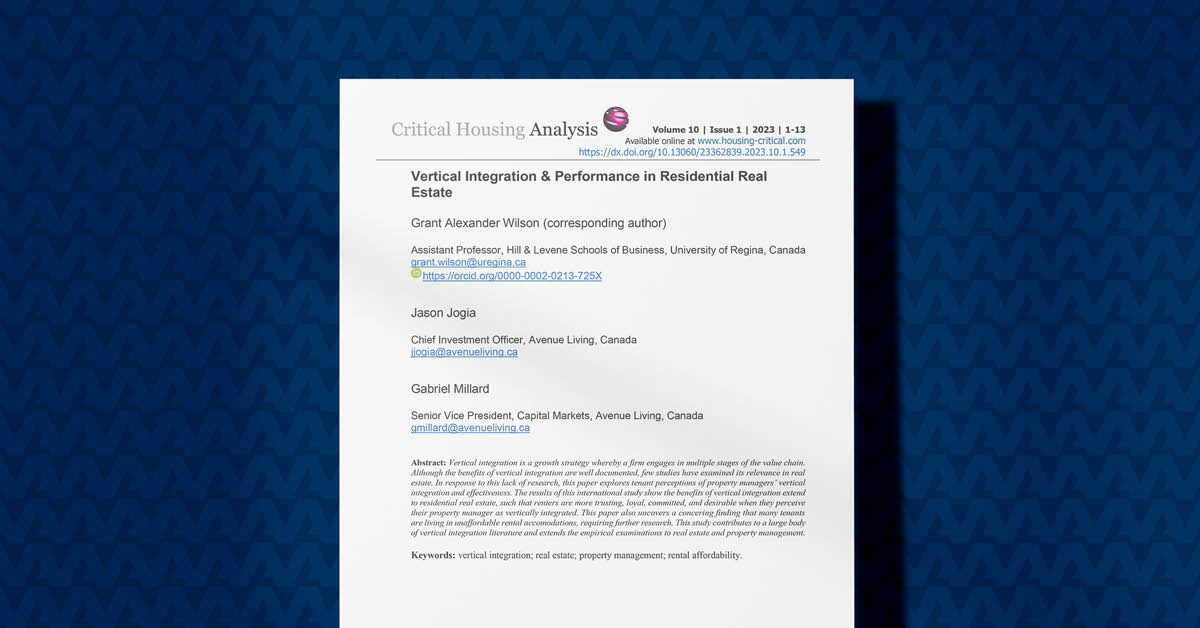When Mini Mall Storage Trust was established in February 2020, creating a unique customer experience was top of mind. The self-storage industry is fragmented, and with that fragmentation often comes varying levels of service. Mini Mall knew they could set a new standard for the industry and worked to define a consistent customer experience online, over the phone, and in person.
Over the last three years, Mini Mall has seen significant growth with operations throughout seven provinces, 15 states, and over six million square feet of storage space. With each new facility or market, the company has recreated its seamless experience by taking an omnichannel approach with comprehensive training and technology.
Hubs and Spokes
Mini Mall operates on a hub-and-spoke model, which means that in every market, its facilities are no farther than a half-hour drive from a management centre. Even with self-serve, unmanned facilities, customers who want an in-person interaction can request someone to be on-site quickly.
This mix of in-person and digital operations is possible thanks to state-of-the-art technology that enhances security and automates administrative tasks, allowing customers to find the right unit, get a quote, sign a lease, and move in through the website or call centre. Facility staff are there to offer support if there are questions or challenges — or if the customer just prefers to interact face-to-face. And in those situations, staff have easy access to information and guidelines about a range of scenarios.
“Our goal is for any one of our Mini Mall representatives to be able to access the information they need within three clicks,” says Tadek Sampson, Director, Operational Training. “We want to make things easier for our staff because when we have a happy team, they’re able to make sure we have happy customers.”
People Skills are Key
For Mini Mall, adopting innovative technology is only part of the story. While customer relationship management software, security systems, and interactive apps have transformed the self-storage landscape in recent years, people skills are still a vital piece of the customer experience. Onsite managers must be both tech- and people-savvy to ensure they can develop customer relationships and effectively solve problems. The automated, online experience must match seamlessly with the in-store, in-person experience — and that requires training.
Onsite managers have traditionally been responsible for bringing new staff up to speed, but with such significant growth the company saw the need for a standardized program to help managers and their staff quickly understand policies and procedures. The MMSP training program is designed to support customer service employees across both in-person interactions and technical software. It also takes into consideration frequently asked questions and most-often-encountered scenarios.
“We learned pretty quickly that our best resources were the people working on the front lines, with our customers,” says Tadek. “In some cases, these people have worked at a location for years — decades, even — and they truly know their customers.”
Tracking Outcomes
There are many factors at play when measuring the effects of training. Mini Mall reviews how employees are performing in training modules so they can optimize the program to best fit the team’s needs while simultaneously bolstering customer satisfaction levels. The training team assesses staff during their first 30 days, and again during ongoing refresher training. The goal for 2022 was to bring the average score of 76% during onboarding to an average of 85% in refresher training. Today, the current scores exceed that goal, tracking well above 90% for staff in service and sales refresher training.
As the company has progressed, the team has also found ways for employees to share their experience and insights. Top performers are invited to join the panel in a bimonthly webinar, where they can share stories of their successes, their learnings, and their best practices. “We’ve found that by giving employees a platform to lead their peers, we get better adoption from the field than if managers or trainers share that information,” says Tadek.
Continuing to Evolve
As technology advances and customer demands continue to change, the self-storage industry will continue to evolve, and Mini Mall will adapt to meet those needs. Innovations in technology may mean some of the heavy lifting becomes automated, but there is always a need for personal interactions, in every demographic. Mini Mall plans to continue to support managers and its team of storage concierge specialists with training programs, tools, and knowledge sharing to ensure everyone has the skills to navigate a high-tech environment and provide an industry-leading high-touch experience.
This commentary and the information contained herein are for educational and informational purposes only and do not constitute an offer to sell, or a solicitation of an offer to buy, any securities or related financial instruments. This article may contain forward-looking statements. Readers should refer to information contained on our website at https://avenuelivingam.wpenginepowered.com/forward-looking-statements for additional information regarding forward-looking statements and certain risks associated with them.


